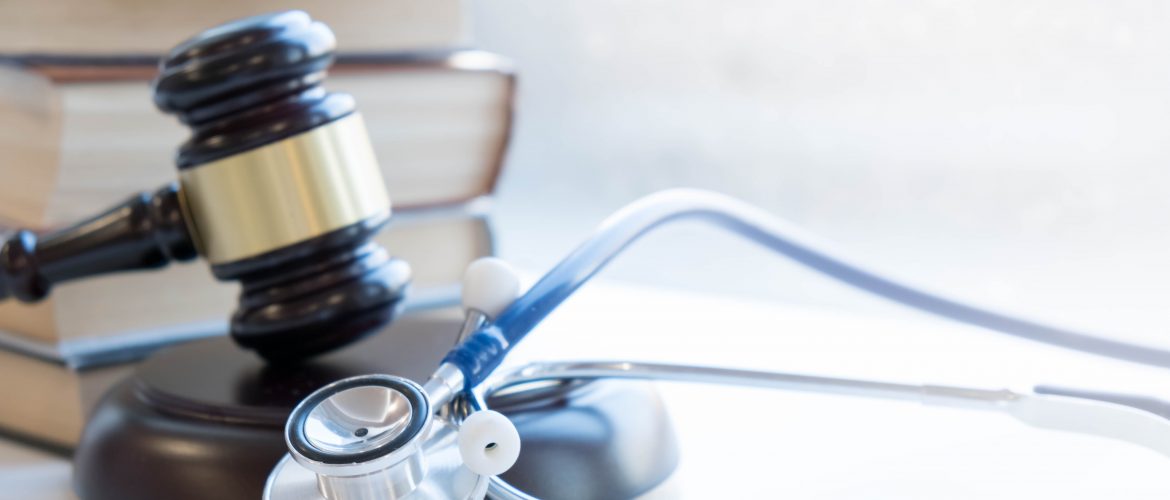The governor of Pennsylvania recently signed an executive order to protect healthcare providers from malpractice suits. He issued this statement to explain his action:
“As the COVID-19 pandemic has required the (Governor’s) Administration to take broad action to respond to and prepare for Pennsylvanians’ critical healthcare needs, so too has it required our healthcare providers to broaden their professional responsibilities and experiences like never before.”
This immunity is not applicable where gross negligence, fraud, and willful misconduct have occurred.
The governors of New York and Illinois, states hit hard by the Coronavirus, previously issued similar executive orders to limit liability during the outbreak for healthcare workers. New Jersey’s legislative body recently passed a similar bill. Additional liability protection for medical professionals volunteering to help fight the pandemic is also included in the CARES Act stimulus package passed by Congress in March.
There is no question about each state’s positive and necessary intention; however, caregivers must maintain vigilance when documenting to protect both residents and their licenses.
Compliance Perspective
Healthcare workers have been placed in unusual and novel situations, taking on roles outside their specialty areas and making quicker than normal decisions as they have worked to battle COVID-19. During the Coronavirus pandemic, CMS and CDC waivers have allowed deviation from some required standards. These deviations, if performed during times of routine operations, might be considered provision of substandard quality of care, in violation of state and federal regulations, and subject to government agency scrutiny and possible lawsuits.
Discussion Points:
- Review policies and procedures regarding CMS/CDC guidelines for providing care to residents during the COVID-19 pandemic and any executive orders issued regarding immunity by your state’s governor or legislative body.
- Train staff to carefully document all efforts to ensure provision of quality care, even when the critical healthcare needs of residents may have precipitated unprecedented actions by staff members. Document training of staff regarding all guidelines and waivers issued by CMS and the CDC to show that they are informed.
- Periodically audit to ensure that there have not been any grossly negligent acts or incidents involving negative willful conduct regarding the care provided to residents during the COVID-19 crisis. Ensure that documentation demonstrates training and compliance.












































































